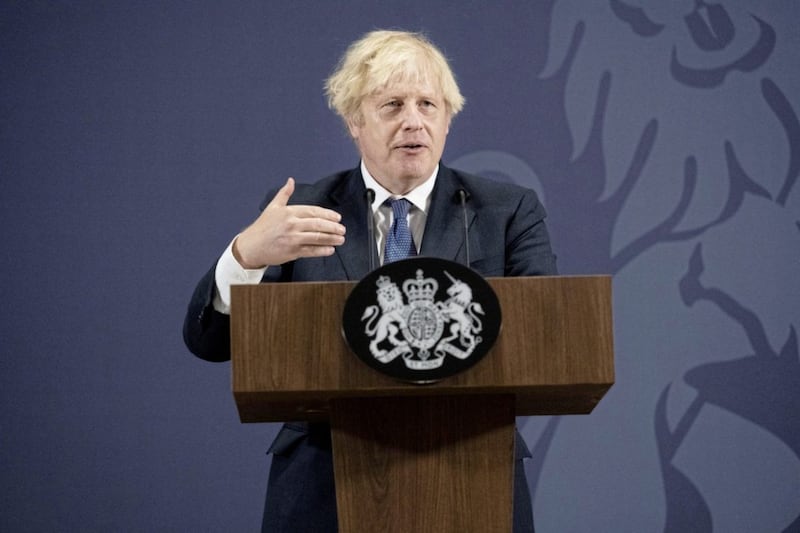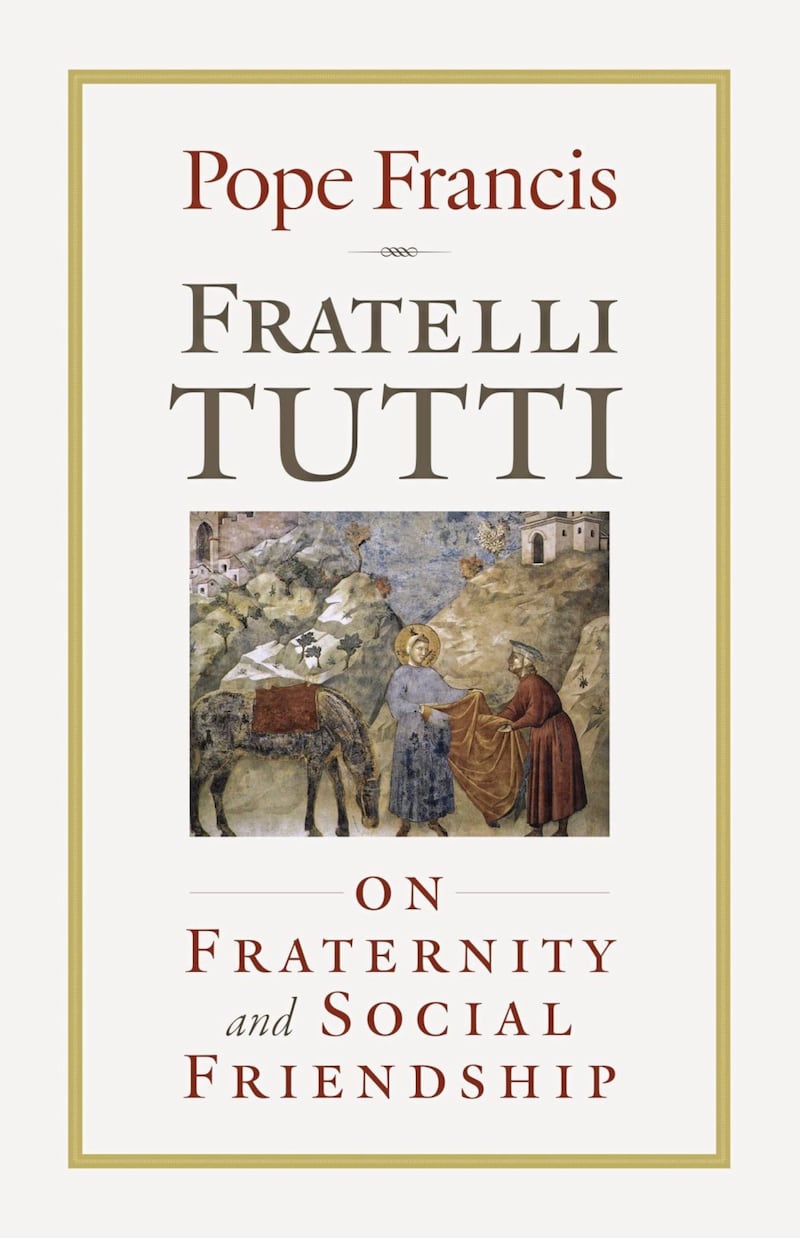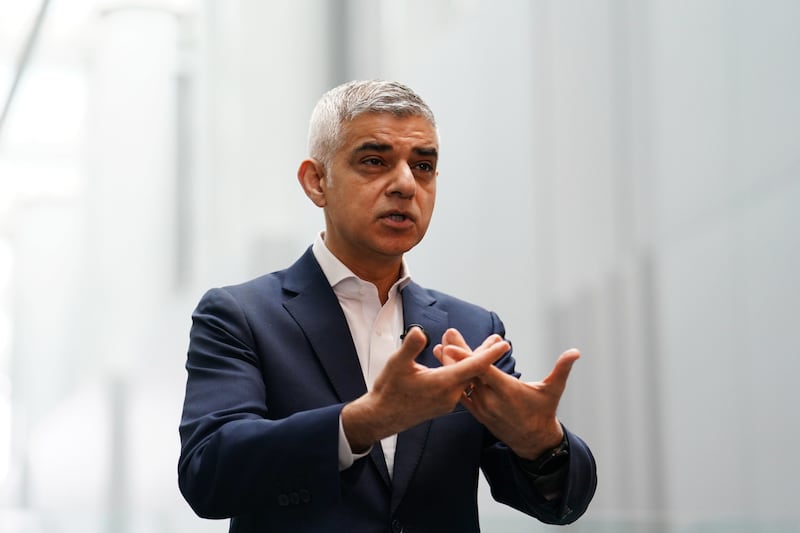ALMOST exactly a year ago, on October 4 2020, Pope Francis gave his encyclical Fratelli Tutti to the whole world.
It was, and still is a fascinating and deeply thoughtful document, but sadly seems not to have had the follow through or the deep consideration that was its due. (Glad to say, however, that the Catholic bishops in Ireland are still considering how best to respond to its long-term agenda).
The Pope emphasised the need to give the day to day lives of everybody great priority over the constant acquisition of goods by a few. The deep-seated causes of poverty and inequality have to be faced; the lack of work, land and housing needs to be addressed, to say nothing of the struggle for social and employment rights.
This desire for a better world for people everywhere, rather than for a privileged few, is of course not a new idea amongst Christians. In the United States, an organisation called the Faith and Work Movement says it "wants to bend the gospel back toward economic justice".
"We're simply asking, let's find ways to level the playing field," it explains.
"Can we, as a community of believers, work toward the flourishing of all people - and what does that mean? It means giving kids... access to affordable health care, quality education, affordable, liveable housing and all those amenities that are basic to the flourishing of human beings."
And at a more local level, the Micah Challenge - a coalition of development agencies, organisations and Churches - has a key aim of galvanising Christians towards greater practical and political engagement with the issues and injustices of poverty.
The huge demands of dealing with the Covid pandemic have meant that governments around the world have scarcely been able to give much consideration to such concerns and aspirations, irrespective of whether they have any interest in the faith communities.
Yet there is a glimmer of light in London with the government there making much of its 'levelling up' agenda, with its promise to increase prosperity, widen opportunity and ensure that no region of the UK is left behind.
In a speech on levelling up in July, Prime Minister Boris Johnson referred to a passage in Matthew's gospel when he promised to invest in transport, broadband and infrastructure in towns and cities that have been omitted from long-term plans.
"To borrow a biblical comparison, governments have created a sort of Matthew effect - 'to him that hath shall be given' - so you end up investing in areas where house prices are already sky high and where transport is already congested and by turbo charging those areas... you drive prices even higher and you force more and more people to move to the same expensive areas...," he said.
In other words, the better off keep on prospering, whilst the poor keep on struggling.
He went on to explain that 'levelling up' should also include addressing inequalities in health, crime, and education.

In Northern Ireland we understand those priorities only too well, not least because 350,000 people - around 18 per cent of the entire Northern Ireland population - are now on NHS waiting lists.
Given the vast scale of the need to level up, locally and across the world, it is hard to see any government or even the United Nations being able to deal adequately with the challenges.
Given this harsh reality, it is highly significant that the Bible does not focus on high politics, economics, or what influential people can do.
Its focus is firmly on the contribution that the Church and all believers can make, and it is brutally honest as to what is required.
The book of James says this: "Suppose a brother or a sister is without clothes and daily food. If one of you says to them, 'Go in peace; keep warm and well fed,' but does nothing about their physical needs, what good is it? In the same way, faith by itself, if it is not accompanied by action, is dead."

Fratelli Tutti may be global in its vision, but will be best worked out locally. Levelling up is a big - though not essentially a new - idea, but its effects must be seen in struggling communities. And as the book of James makes clear, the Church's mission must start at parish and regional level, and go way beyond what takes place in the buildings on Sundays.
This twin-track understanding of what the Church is for has been well described as rather like the two wings of bird. Both wings are needed for the bird to fly... the Church can only thrive when the proclamation of the Gospel goes hand in hand with social and economic justice for all.
It is also very important that followers of Christ remember that they are also electors and taxpayers who will - unlike many others - not be looking to government to pander to their own preferences.
They will want political leaders and public policy to properly reflect the call of the Apostle Paul to value others above themselves, and to look to the interests of others.
Fratelli Tutti, levelling up, the Micah challenge, and the Christian gospel itself are all pointing in the same direction. People in need really do matter to God - and so must matter to every Christian and every congregation wherever he has placed them.
Rev Dr Norman Hamilton is a former Presbyterian Moderator.








